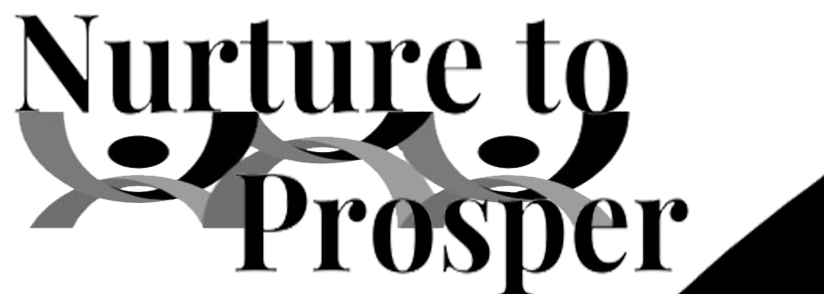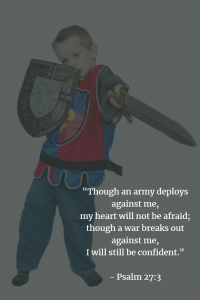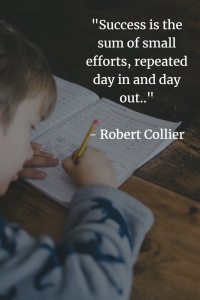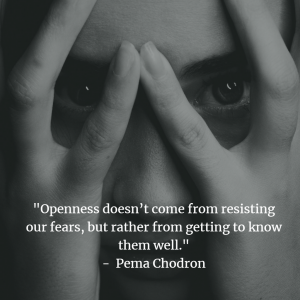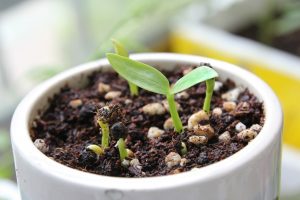Guiding Little Hearts- Nurturing Truthfulness for a Liberated Life

The timeless wisdom encapsulated in the quote, “You will know the truth, and the truth will set you free,” serves as a guiding principle for instilling honesty in your children. In a world where dishonesty can easily become a norm, lying is pervasive, often slipping into our conversations, relationships, and even politics without much conscious thought, it is essential for you to cultivate a foundation of truthfulness in your child’s character.
Drawing inspiration from the Talmud and Anaïs Nin, who asserted, “We don’t see things as they are; we see them as we are,” we recognise that children are the central actors in their own life stories. As parents, you play a pivotal role in shaping the meaning of events that construct the essence of their lives. In this context, fostering honesty becomes one of the most valuable skills you can impart to them.
While some lies may be perceived as ‘harmless,’ research indicates that habitual dishonesty can become a prevalent behaviour. Studies reveal that a significant percentage of adults struggle to engage in even a brief conversation without telling at least one lie. Although some may believe that dishonesty is relatively harmless, the one who is ultimately hurt is the liar. This underscores the urgency of guiding your child toward truthfulness, as it opens a window to genuine freedom.
Here are some components that illustrate the impact of not telling the truth:
- Requires Energy: Decision-making is mentally taxing, and each lie, regardless of size, requires a significant amount of mental energy. Encouraging your child to be truthful eliminates unnecessary decisions and mental burdens, from their day, enabling them to make better choices in all aspects of their life.
- Lying to Themselves: No one identifies with being a liar. Repetitive lying can lead to a conflict with a child’s identity. Over time, the child who lies may begin to believe the falsehoods they tell, adversely affecting their quality of life, and start to live out those lies.
- Product of Anxiety and Fear: Constant fear of being discovered creates subconscious anxiety in a child who lies, impacting their mental well-being. This is not a state conducive to a child’s healthy development.
- Blocks Opportunity: A dishonest child may struggle to earn the trust of friends and others, limiting their opportunities for growth and success. People become guarded around them, sharing less valuable information, and hindering the child’s chances for growth and success. Trust is a fundamental element in personal and professional relationships.
- Dishonesty is Disrespect: Even well-intentioned lies can be perceived as disrespectful, implying that others cannot handle the truth emotionally. Honesty, on the other hand, allows the truth to be communicated and fosters respectful communication.
- Building Blocks for Guilt and Shame: Lies contribute to toxic emotions like guilt and shame. Not telling the truth creates guilt, and guilt often leads to shame. Beneath these emotions may lie anger, resentment, or fear. Not telling the truth can lead to long-term emotional implications, affecting a child’s well-being and should not be a foundational attribute in a child.
- Freedom from Blackmail: Telling the truth prevents others from having power over one through potential blackmail. While lies may initially feel powerful, the underlying dynamics can lead to vulnerability and compromising situations. A lot of children are blackmail to do things that they don’t want to because they lied.
Guiding your child toward the path of truthfulness liberates them from these challenges. It will empower your child to admit mistakes, learn, and grow. Honesty enables your child to recognise strengths, celebrate achievements, and appreciate themselves. It builds trust, enhances relationships, and fosters authentic living. An honest child faces the truth without fear, leading to acceptance of what can and cannot be changed. As parents and guardians, nurturing truthfulness in our children is an investment in their freedom and genuine well-being.
